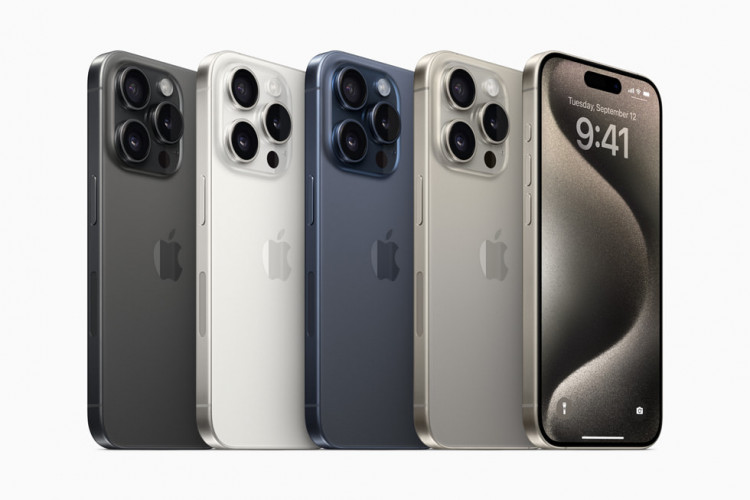Apple is set to host a highly anticipated event on September 9, where the tech giant is expected to unveil the iPhone 16 alongside a slew of other updates. With the event scheduled to take place at 10 a.m. PT at the Steve Jobs Theater in Apple Park, the spotlight will likely be on the company's first major foray into generative artificial intelligence within its flagship smartphone.
Dubbed "It's Glowtime," the upcoming event has sparked speculation about its focus, with the term hinting at a possible emphasis on innovation and new technology. Among the anticipated highlights is the iPhone 16, which is projected to be the first Apple device to feature advanced generative AI capabilities, a significant leap from current functionalities.
At Apple's Worldwide Developers Conference (WWDC) in June, the company teased several new AI features under its "Apple Intelligence" initiative. These include personalized Genmoji-AI-generated emojis-and a smarter version of Siri capable of more complex tasks, such as detailed scheduling and real-time flight tracking. The iPhone 16 is expected to integrate these advancements more deeply than previous models, setting a new benchmark for AI-driven mobile experiences.
While iPhone 15 Pro Max users might gain access to some of these AI enhancements, the iPhone 16 is poised to be the first device designed with AI as a core component. "This is going to be more of an evolutionary process, rather than some big cyclical iPhone cycle," said Angelo Zino, a technology analyst at CFRA Research. He noted that significant AI features might roll out gradually, with some updates, such as enhanced Siri functionalities, potentially arriving as late as 2025.
Generative AI, which enables tools to create content such as text, images, and audio in response to user inputs, is expected to play a pivotal role in the iPhone 16's new features. Analysts predict that Siri could be significantly enhanced by incorporating OpenAI's latest ChatGPT-4o model, potentially allowing the virtual assistant to provide more personalized and contextually relevant responses based on user data and interactions.
The upcoming iPhone release comes at a critical time for Apple, as the company faces declining iPhone sales in China amid economic uncertainty and increasing competition. Analysts and enthusiasts alike are eager to see how the integration of advanced AI features will impact consumer interest and sales performance. One point of contention is the pricing strategy; while Apple has traditionally positioned its products at a premium, the introduction of sophisticated AI features could influence pricing decisions. Zino speculated that the inclusion of AI capabilities might lead to a price increase across the board, though he does not foresee a dramatic spike.
In addition to the iPhone 16, the September 9 event is expected to include announcements related to other Apple products. The company often uses its September events to introduce updated Apple Watches and occasionally refreshed Apple TV boxes. However, major updates to the Mac lineup, including the anticipated M4 Macs, might be reserved for a separate event later in the year.
Apple's broader software ecosystem will also be in focus, with the company likely to provide release dates for its new operating systems announced at WWDC, including iOS 18, iPadOS 18, macOS 15 Sequoia, and updates for watchOS, tvOS, and the HomePod operating system. Some of the new AI features may not be available until later updates, such as iOS 18.1 and macOS 15.1, which could further shape consumer expectations.
As the tech world eagerly awaits the September 9 event, Apple's strategic push into generative AI with the iPhone 16 represents a significant shift in its product development and market positioning. The integration of AI-driven features promises to enhance user interactions and set a new standard for smartphones, reflecting the company's ongoing commitment to innovation and technological advancement.






